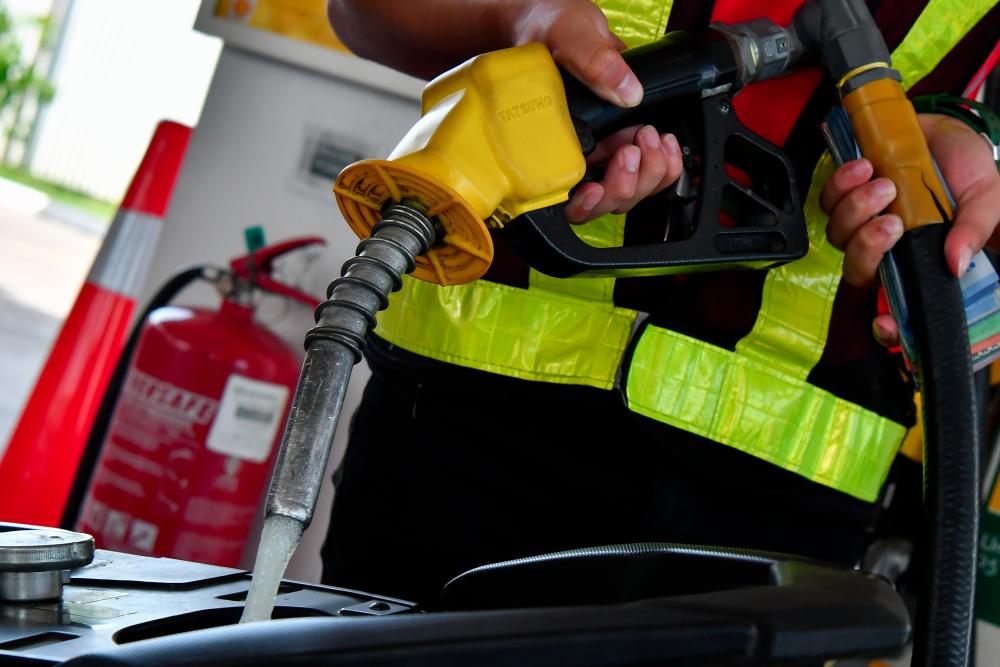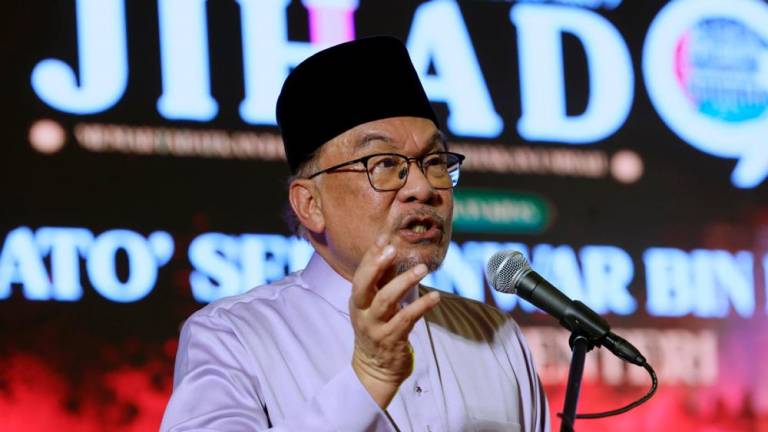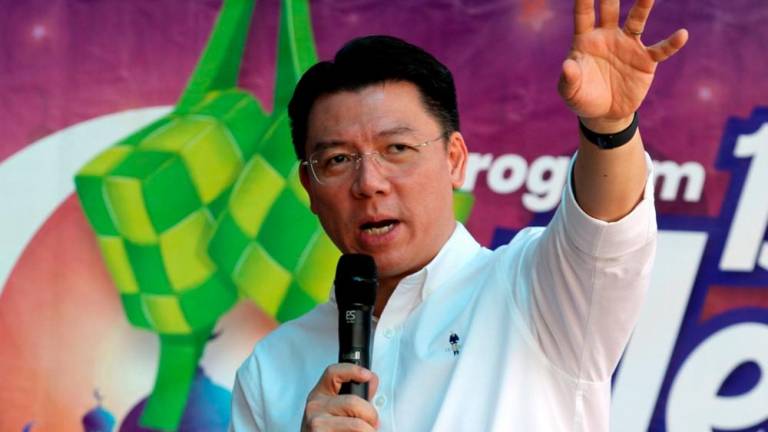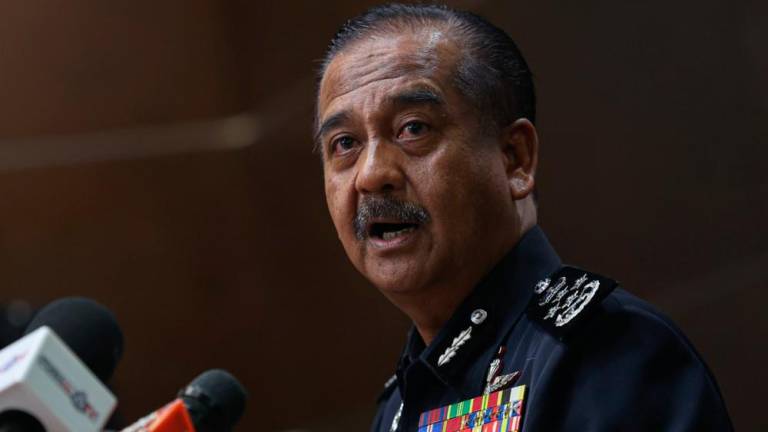MALAYSIA is poised to reduce petrol subsidies in a bid to address the fiscal deficit. Some economists suggest that the reduction should be implemented in stages to soften the blow of the impact on the economy.
Whether it is done in stages or not, inflation will inevitably loom on the horizon. Many studies have lent credence to this scenario.
Petrol is a vital input used in all sectors, especially in transportation. As subsidies decrease, we anticipate an uptick in the prices of flight and bus tickets. Additionally, petrol is indispensable for fishermen operating their boats and farmers transporting their agricultural goods.
Rising petrol prices will inevitably drive up production costs, resulting in an across-the-board increase in the prices of goods. Consequently, many households living below the poverty line will bear the brunt of these consequences.
The increased cost of living will leave many struggling to afford basic necessities such as food and housing. Inflation will push more people into precarious financial circumstances. As a consequence, many individuals may need to take on additional jobs simply to make ends meet.
Additionally, the government may find itself compelled to raise civil service servants’ salaries, which could further exacerbate inflation. With petrol subsidy cuts in effect, there is a risk that income inequality could widen.
Therefore, the government must weigh the pros and cons thoroughly before reducing petrol subsidies. The government should explore other alternatives to cut the fiscal deficit so that the impact on the economy will be minimised.
Assoc Prof Dr Mohd Shahidan Shaari
Faculty of Business and Communication
Universiti Malaysia Perlis
Comments: letters@thesundaily.com












